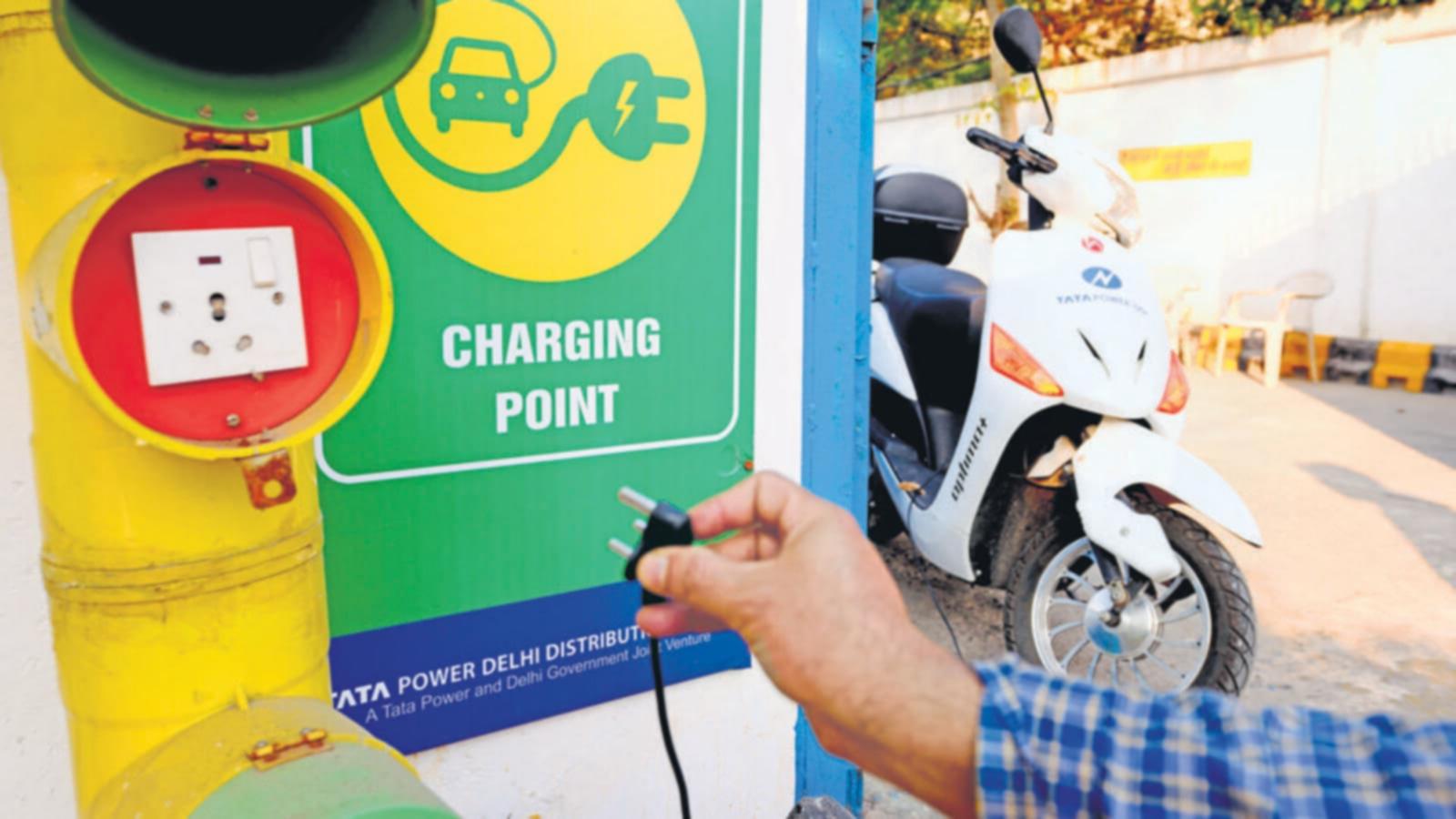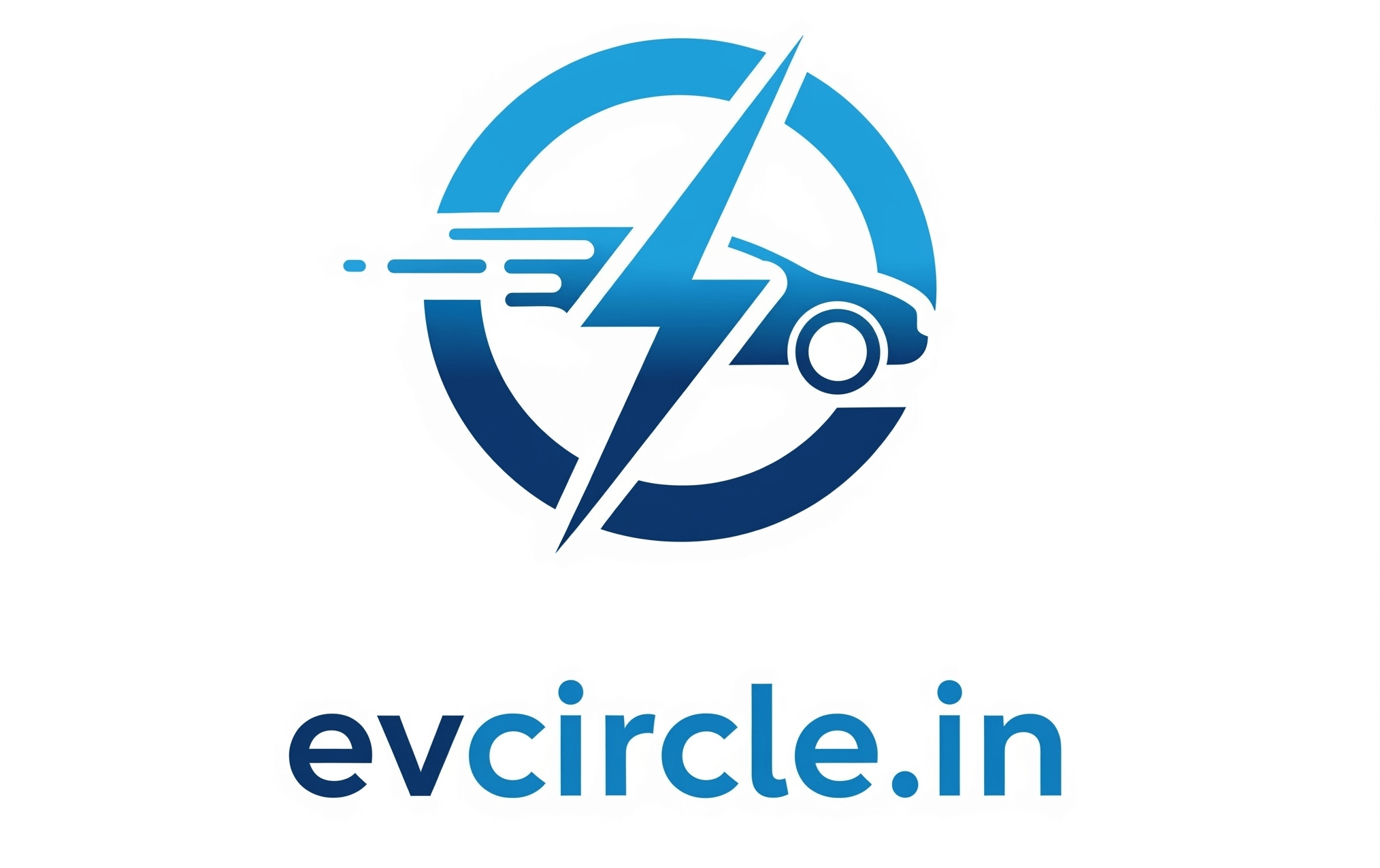
Experts further noted that India’s urban mobility planning has channelled significant investments into metro rail and electric buses, in line with national goals.
Transport and emissions specialists on Tuesday stated that although Electric Vehicle (EV) adoption in Delhi has surpassed 12%, the shift alone may not be an effective solution to cut transport-related emissions in the Capital.
They stressed the necessity for an all-encompassing, data-led framework to steer future mobility policies.
At a session during Connect Karo 2025 organised by WRI India, speakers observed that frequent technological changes and evolving standards often produce short-lived, surface-level outcomes without tackling long-term problems.
Gazala Habib, professor at IIT Delhi, said the rush to promote EVs in Delhi ignores the city’s lack of readiness to manage the resulting waste. “Boosting EV numbers does not truly achieve ‘zero emission’ since it raises electricity demand, and our power mix remains largely fossil-fuel dependent. Also, if every vehicle converts to EVs, are we set up to handle the increase in battery disposal? We currently lack that infrastructure,” she said. Habib added that cutting emissions necessitates pragmatic monitoring and evaluation, plus a suite of measures, instead of depending on one technology.
Representatives from the trucking sector also raised practical issues. Pradeep Singhal, general secretary of the All India Truckers Welfare Association, said, “The trucking sector runs on very thin margins and already competes with rail and inland waterways. The drive towards repeatedly changing vehicle standards—from BSIV to BSVI to electric—increases expenses. We don’t object to transitioning provided the technology isn’t rendered obsolete before loans are repaid. This concerns people’s livelihoods.”
Experts additionally pointed out that India’s urban mobility strategies have directed substantial funds into metro systems and electric buses, aligning with national objectives. However, growing private vehicle usage is degrading air quality, safety, and equity because of weak integrated planning and scarce commuter data. They stressed the need for a comprehensive, data-driven framework to guide future mobility policies.
Other panellists included Anumita Roychowdhury of the Centre for Science and Environment, Dhavala Srinivas of the Delhi Integrated Multi-Modal Transit System, Harshal Salve from AIIMS and Anup Patil of Intangles.
Auto and lifestyle writer who loves simplifying complex topics into easy-to-understand insights.

Leave a Reply